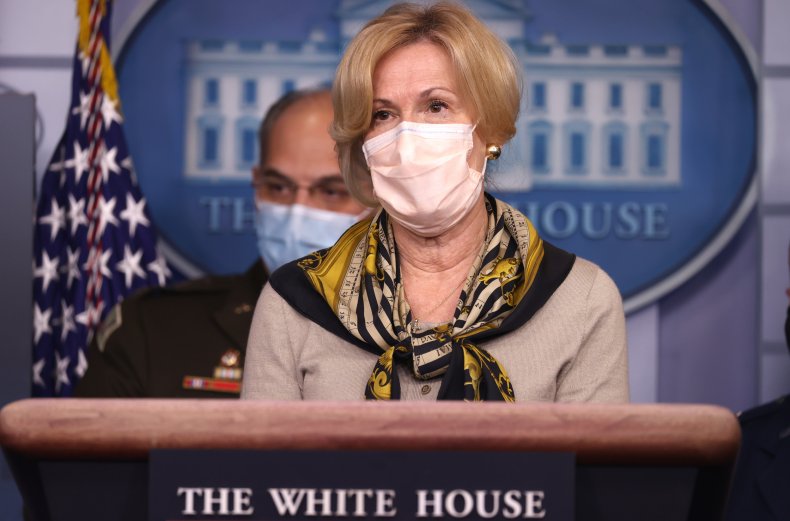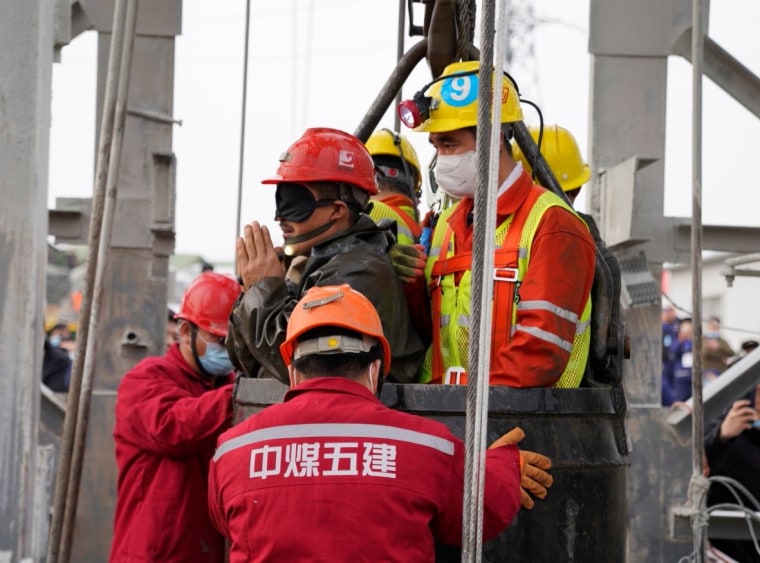10 years after Tahrir Square protests, Egyptians grapple with lessons of failed revolution

© Nahlah Ayed/CBC
Anti-government demonstrators hoist the Egyptian flag during the
Arab Spring protests in 2011.
It's been one cruel decade since Egyptians dared to disrupt the status quo of living in a suffocating police state.
The first month of 2011 was marked by the early days of Egypt's uprising, part of a wave of Arab Spring protests that many saw as brave, hopeful and inevitable.
Now, with a pandemic capping off a decade of violence, horror and mass displacement in the Middle East, the protests in Tahrir Square are, at best, consciously forgotten by skeptical Egyptians as a naïve footnote or, at worst, cursed as original sin.
Many of the ills that made Egypt ripe for an uprising in 2011 have only been exacerbated in 2021: the lack of jobs, the lack of political participation and the utter lack of freedom.
Under President Abd al-Fattah al-Sisi, Egypt has outdone itself as a prolific jailer and executioner — Human Rights Watch recently estimated the number of political prisoners at 60,000 and rising.
According to activists, the government has also deployed a persistent campaign aimed at framing the revolution as the harbinger of Egypt's myriad woes and the reason it has been "brought to its knees."
Egypt is now a country where the "Tahrir people" — as they're pejoratively referred to by supporters of the regime — are either out of the country, if they haven't been arrested, or keeping a silent vigil.
Many of them find it "very, very painful" to revisit those two and a half weeks in 2011, says celebrated Egyptian novelist and commentator Ahdaf Soueif, who participated in the protests.
© Nahlah Ayed/CBC
Jubilation among Egyptian protesters on the night in February 2011 that longtime strongman Hosni Mubarak stepped down.
According to Soueif, they "keep the 18 days in a place where they can be safe, where we protect them against accusations of having been a collective hallucination," she said in an interview with CBC Radio's Ideas.
"I hope the day will come when we draw inspiration again from those 18 days."
Weeks of demonstrations
It took 18 days of protests in Tahrir Square for the uprising to bring down Egypt's longstanding strongman president, Hosni Mubarak. Defying predictions of certain failure, the protesters took over the square, bringing Christian, secular and Islamist Egyptians — as well as affluent and poor citizens — together in idealistic common cause.
After Mubarak's fall, the country saw a military council take charge, followed by the election of a president from the Muslim Brotherhood, vast counter-revolutionary protests, a military coup and the subsequent massacre of hundreds or more at a Muslim Brotherhood sit-in in August 2013.
The 2011 protests spread beyond Egypt to neighbouring Libya — currently all but a failed state — as well as Syria, which was plunged into a horrific civil war that has seen intervention from the region and abroad and has killed tens of thousands and displaced many more.
Other countries swept up in the Arab Spring are either in the grip of violence (like Yemen) or in a repressive political vice-grip (Bahrain or the UAE). Only Tunisia, where the wave of protests began, appears to be on a relatively peaceful path of post-revolution political reform.
Hard as it may be to talk about Tahrir, given the loss of life and the crackdowns, some veterans of the revolution insist there is something to be salvaged from its ashes.
"Yes, society has changed," said Soueif, who wrote a book about the protests called Cairo: My City, Our Revolution. "Everybody believes that something different is absolutely necessary, but [they] don't quite know how to go about getting it."
But while there may have been subtle positive consequences from the uprising — like a greater awareness of the rights that have been denied to many people — she cautioned, "I really hesitate to say it because the price has been so high and continues to be so high."
© Chris Hondros/Getty Images
Anti-government protesters in Cairo's Tahrir Square react after a speech by Egyptian president Hosni Mubarak in February 2011 saying he would not step down.
On top of what happened to so many Tahrir activists, Soueif's blogger nephew and activist niece are currently in prison. Last year, Soueif was briefly arrested herself for protesting the conditions in their prison during COVID-19.
Greater politicization
The Tahrir revolution may have laid the groundwork for future action, whenever conditions permit it.
For example, it has led to mass politicization among Egyptians, says journalist and blogger Hossam el-Hamalawy, a longtime blogger and activist who was also involved in the 2011 protests and helped document them.
One major lesson from that time is that "public squares do not bring down dictators and do not change regimes," he said from Berlin, where he now lives.
"The real power is in the factories, it's in the workplaces and it's in the civil service offices."
Countless strikes were going on during the revolution and workers were "chanting the same chants that we were chanting in Tahrir… and they declared their solidarity with the revolution," said el-Hamalawy.
"That's when I knew that … we're going to win. Victory was on our doorstep."
But ultimately, there was no victory.
Destined to fail?
Activists say they found themselves wedged between forces much larger and more organized than they could hope to be — namely, an Islamist vision of the country espoused by the well-established Muslim Brotherhood; the military's iron grip; and the geopolitics of the region, which has long favoured dictators who insisted real democracy was not compatible with stability.
There was also the very practical problem of organizing a leaderless movement and marshalling it beyond the streets. The cracks showed immediately after those 18 days.
"This was a missed opportunity," said Khaled Fahmy, an Egyptian historian and professor of modern Arabic studies at the University of Cambridge. He happened to be in Egypt when the protests started. Unusually for a historian, he was both an observer and a participant during a revolutionary moment.
"There was no attempt to think, OK, now Tahrir — then what? How do you transform this into a movement?"
Decades of military and one-party rule in Egypt have made it difficult for national opposition parties to flourish.

© Amr Abdallah Dalsh/Reuters
A former army general, Egyptian President Abdel Fattah el-Sisi came to power after a military coup in 2013, and has overseen an unprecedented political crackdown, silencing critics and jailing thousands.
Another lasting injury from longtime repression, said Fahmy, "is [our] inability … to imagine another world" in which the state as it is today did not exist. That meant the absence of a model of a more open society to point to in Egypt's history.
Does all that mean the revolution was destined to fail?
"If the revolution had been adopted and protected by the people who had the guns and given the space to work through these decisions and these visions that were coming from the ground up, then it would have worked and we would have had something amazing," said Ahdaf.
Tahrir Square's role
Beyond serving as the site of protest, Tahrir Square itself provided space and inspiration for discussion of ground-level proposals for an "ideal" Egypt that might have seen the light of day had there been a way to channel them into practice.
One example, said Fahmy, was the idea of a demilitarized police force that would be designed to serve the people rather than the state — a novel idea for modern-day Egypt.
A far more basic achievement for the square was that it brought people together to talk.
"This sounds banal," said Fahmy, but not in a place like Egypt. "Our cities, our country, our political system is designed in a way to deprive us of not only free speech but the ability to listen to others."
That kind of conversation is the starting point of compromise, he added.
Fahmy believes the revolution continues, at least on some level. The 2011 protests, he said, "is one phase."
© Mohamed Abd El Ghany/Reuters
Protesters gathered again in central Cairo in 2019 for anti-government protests, this time against President el-Sisi.
Soueif agrees. But not el-Hamalawy.
"No, it's not ongoing. The revolution got defeated," el-Hamalawy said. "There will be another revolution, but not anytime soon, I'm afraid."
Contested legacy
Indeed, even among those who participated in the Tahrir revolution, the lessons and the legacy are contested.
After years of instability and the return of fear, the old argument that stability trumps freedom resonates among many Egyptians and others throughout the region.
That resonance is unsurprising given the state of the Middle East after the protests spread and crackdowns of varying levels of brutality ensued.
The message from Egypt's rulers now — as it was during Mubarak's time — is "give up your freedoms and we will give you security," said Fahmy.
"It's a Faustian deal and many people accepted that. And the result is that people have not only given up freedoms, they've given up their dreams. That's the most dangerous thing."
But el-Hamalawy said Tahrir's legacy cannot be forgotten wholesale.
Because of the internet, "the whole visual memory of the revolution, it is saved," he said.
"Now there is a younger generation that's growing up and on YouTube, they know quite well that their older brothers were protesting in Tahrir.
"The memory is there. Tahrir is there. And it will remain there."
This episode of CBC Ideas was produced by Nahlah Ayed and Menaka Raman-Wilms.



















